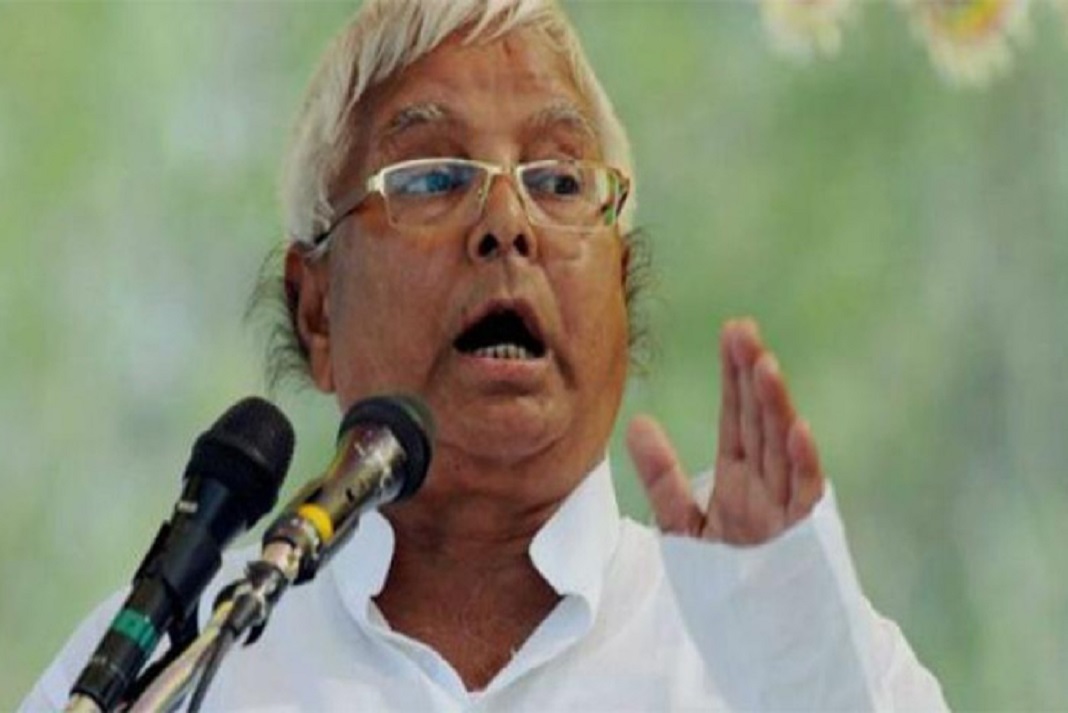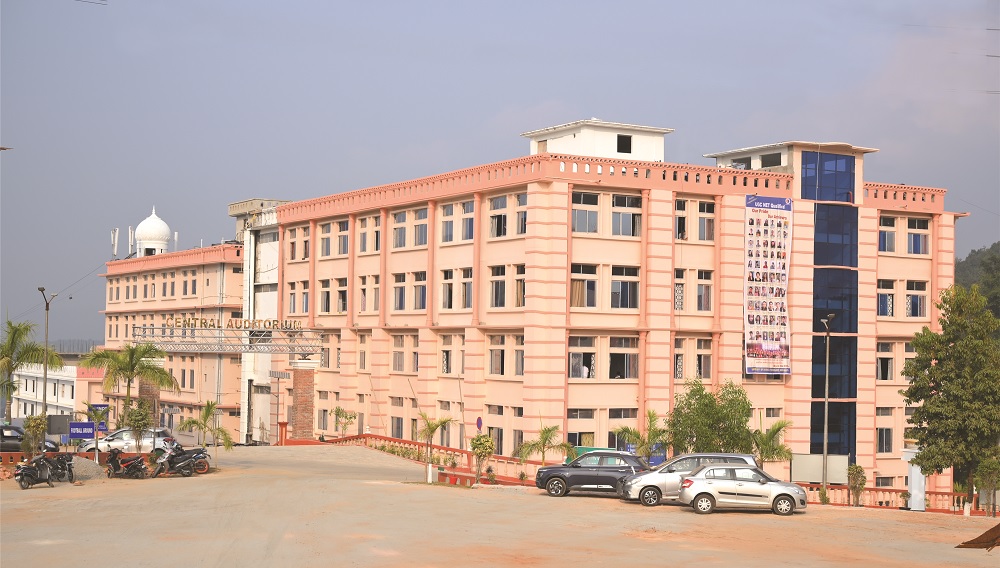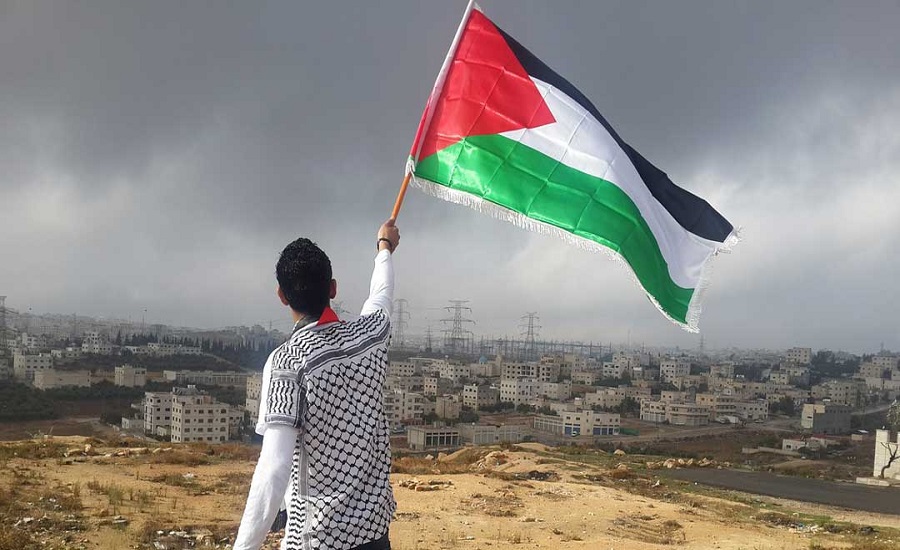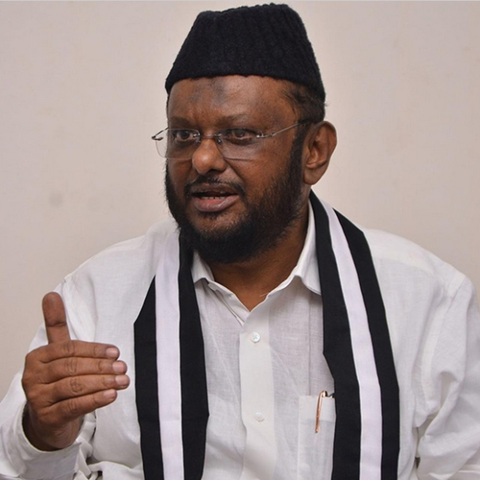People remember the tragedy that struck the nation on December 6, 1992
NEW DELHI – A number of organisations as well as public figures have mourned Babri Masjid demolition which was carried out by Hindutva mob on 6 December 1992.
They have taken to social media to remember the fateful day and its impact on Indian society. Former chief minister of Bihar and Rashtriya Janata Dal (RJD) chief Lalu Prasad is one among them. In his tweet he has referred to his October 1990 decision as chief minister to arrest BJP patriarch Lal Krishna Advani who was on way to lay the foundation for the construction of a Ram Temple in Ayodhya.
“The issue of Ramjanmabhumi-Babri Masjid had brought the country to a critical juncture. By arresting Lal Krishna Advani, I had sent out a message to the world that even today secular and peace-loving forces are strong in the country. We have the power to dislodge communal and fascist forces,” he tweeted in Hindi.
Jamaat-e-Islami Hind (JIH) described December 6 as the “day in which the spirit of our Constitution, democracy and historical facts were demolished” and expressed disappointment that no one has been punished for demolishing the historical mosque.
“It is disappointing and shameful for us that the criminals are still walking free. Hope those guilty for its demolition and desecration will be punished for their crimes,” said JIH.
Communist Party of India (CPI-M) termed the demolition of Babri Masjid as “an assault of the right-wing forces on the secular principles of the nation” and “a black day in history of independent India”.
Prominent journalist Rana Ayyub talked about her personal experience which she went through after the riots broke out on December 6, 1992. She and her sister had to seek refuge at a Sikh family as a mob made its ways to her house.
Student Islamic Organization (SIO) commented on the verdict of Supreme Court in its land-dispute terming it as “judicial surrender before a criminal mob”.
“The demolition of Babri Masjid will forever haunt the conscience of this Nation. Judicial surrender before a criminal mob will always be remembered. We as a society must stand up against this travesty of justice,” reads a tweet by SIO.
In a series of tweets, Muslim activist Sharjeel Usmani criticized those who were of the opinion that the issue should be forgotten.
“Letting it go meant giving the RSS a window opportunity to create as many issues as there are mosques in India. The only way to put an end to the issue was (and remains) the act of undoing the wrong. Everything else is surrendering which all of them did with no hesitation,” he said.






0 Comments